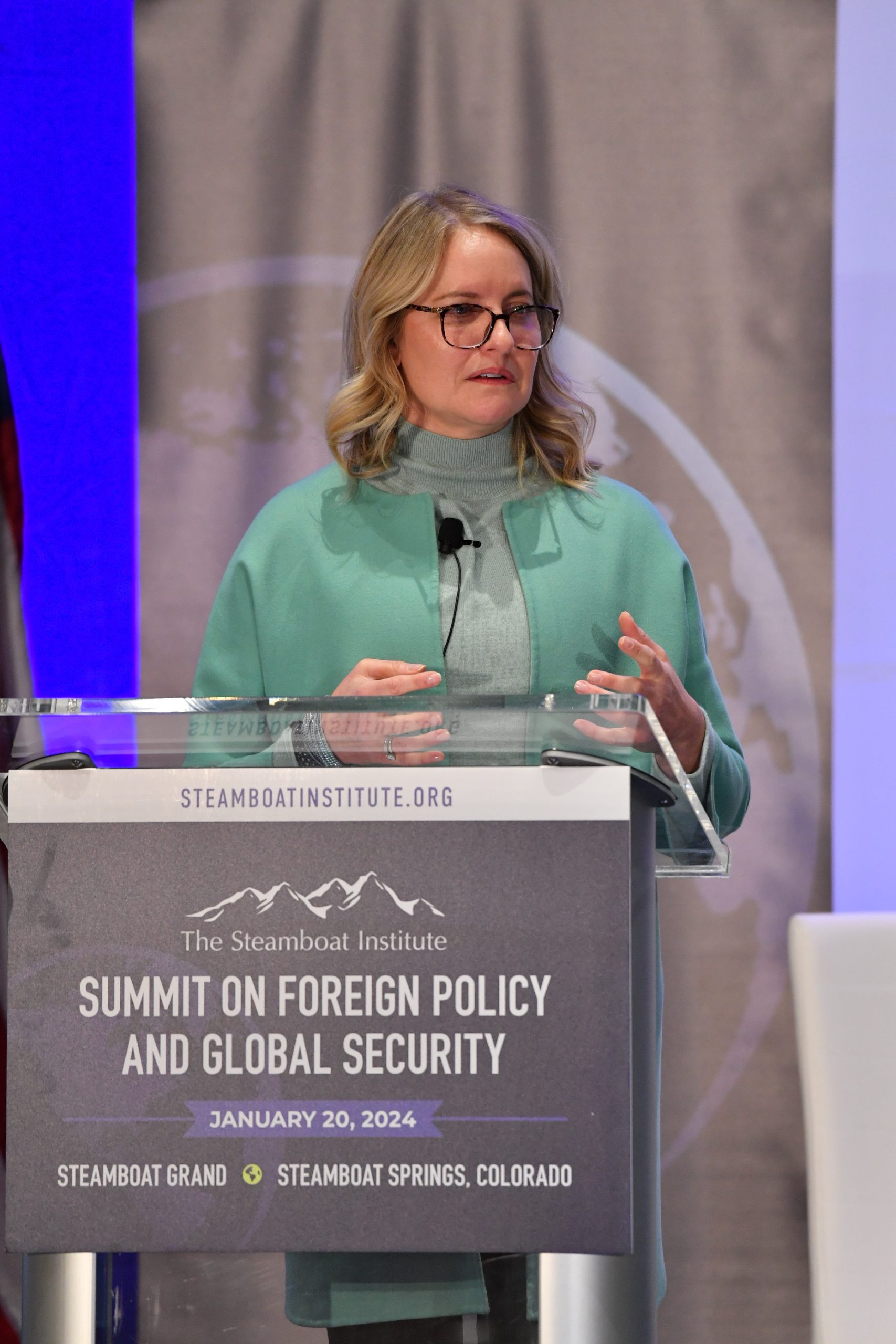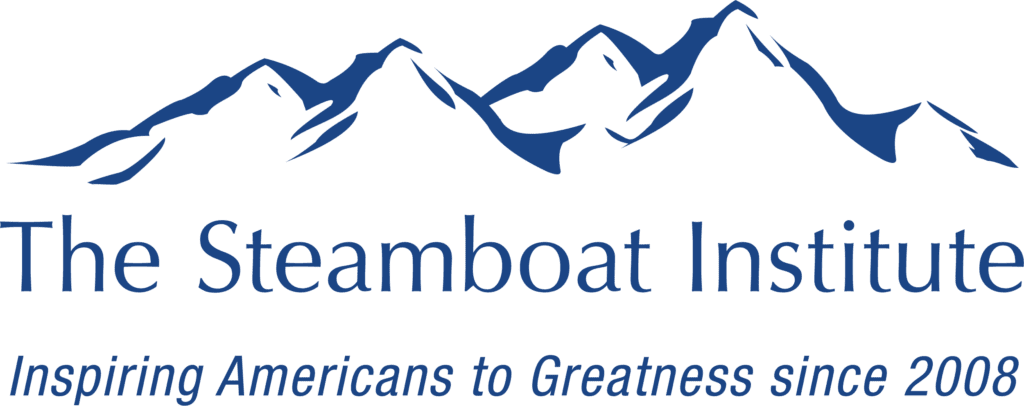Ally-Shoring and Security Risks, by Zachary Lyman
February 9, 2024
Ally-Shoring, the sourcing of critical goods and services with geopolitical allies, has been the standard practice in the United States as well as much of the globe for the majority of history. The practice makes sense. Individuals and governments alike naturally and instinctively choose to work with others who share common values and mutual goals. Why then has the West been building critical supply chains that rely on rivaling foreign powers? Doing essential business with countries that have conflicting interests is dangerous and unsustainable.
Elaine K. Dezenski serves as Senior Director and head of the Center on Economic and Financial Power at the Foundation for Defense of Democracies (FDD). She delivered a descriptive and pertinent lecture at the Steamboat Institute Foreign Policy Summit in 2024. Dezenski posits that we must return to ally-shoring, forming alliances while doing international business, and being conservative with our supply chain dependencies.

Elaine K. Dezenski at The Steamboat Institute’s 2024 Foreign Policy Summit
While we in the United States enjoy the free market economy and the benefits that it brings, Dezenski observes some unintended consequences. “Most decisions around supply chain risk are not decisions of the US government, they are decisions of multinationals and US companies.”
One of the security risks that we face due to our regrettable trade with China is the critical data being stolen from our border checkpoints. The equipment we use to ensure foreign threats do not enter through our ports have been manufactured by Chinese companies. These checkpoint security systems collect a plethora of data which the Chinese Communist Party enjoys access to. What is more egregious is that the data collected from these systems is not available to the United States. This is just one of many threats to national security caused by failing to trade with trusted partners. “We need to define and rethink the approach and we need to do it quickly! This will require a different kind of conversation between the public sector and the private sector,” Elaine says.
The dilemma is clear. How can the United States remove itself from these perilous circumstances while still maintaining free trade? The Foundation for Defense of Democracies may well have the answer: “The really interesting thing about markets and open markets is that investors and companies do respond to risk…What we have to do is make the prices go up, up, up, as it relates to geopolitical risk.”
At the FDD, the Center on Economic and Financial Power (CEFP) is dedicated to in-depth economic research and mitigating threats by providing information to US agencies, our allies, and private businesses. Dezenski serves as the Senior Director and head of the CEFP. Her team of experts actuates real change in the global financial landscape. She summarized the work of the CEFP in this way: “How do we give better data to the private sector to make better decisions and price accordingly the risk of doing business in authoritarian regimes? We have to start quantifying that, otherwise it’s not going into the risk calculation and decisions are made that don’t reflect the reality on the ground …now China is doing some of that work for us which I guess is a little bit of a bright light.”
Dezenski observes that risk aversion is already impacting the amount of trade conducted with China. “We’ve seen something really interesting happening over the last two years. There has been a huge amount of capital flight. Foreign direct investment in China is down over the last two years to something like 80%, maybe more.”
Elaine aims to bring American investment in China down even further. The FDD will continue working to inform the public and private sectors alike, in hopes that the United States as a whole will make safer, more strategic transactions.
Watch Elaine Dezenski’s full speech at our 2024 Foreign Policy Summit HERE.Zachary Lyman is a member of the Steamboat Institute’s Emerging Leaders Council. His company, Limeade Media, develops advertising solutions in a broad selection of industries and non-profits. He is currently in his senior year at Schreiner University in Kerrville, TX.

Register for Email Updates
Get the latest Steamboat Institute events, media, and updates emailed to you.
Support Us
Please consider making a tax-deductible donation to the Steamboat Institute. Your support helps us defend liberty and promote our nation’s first principles.

